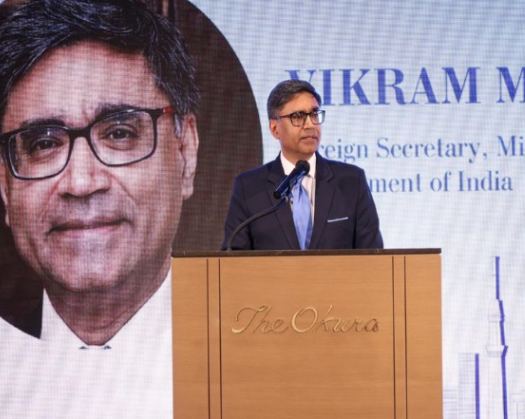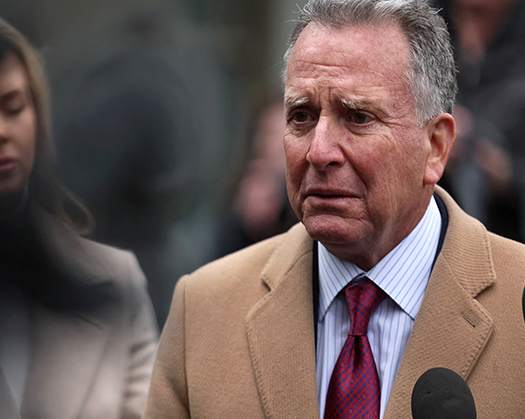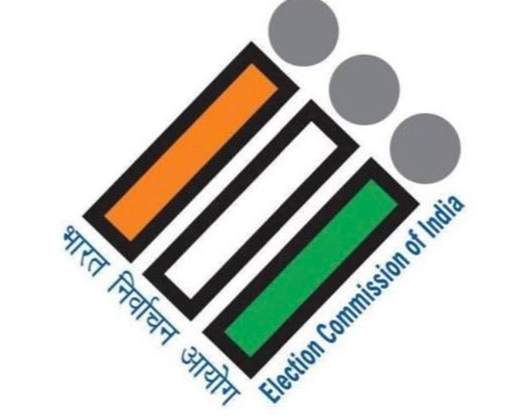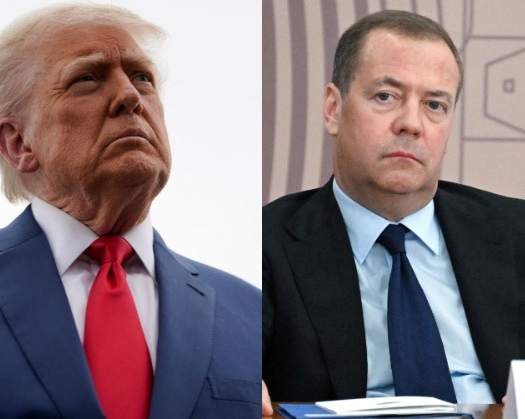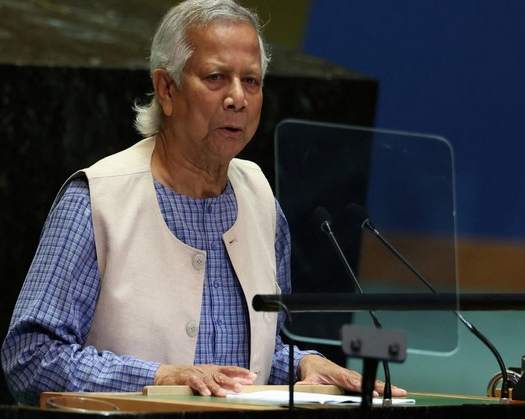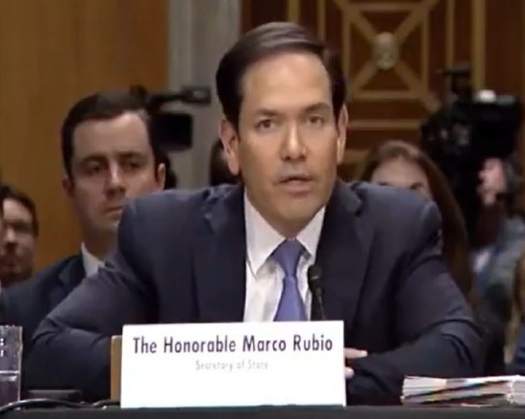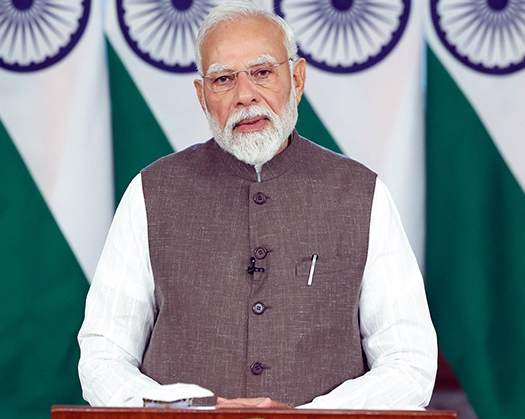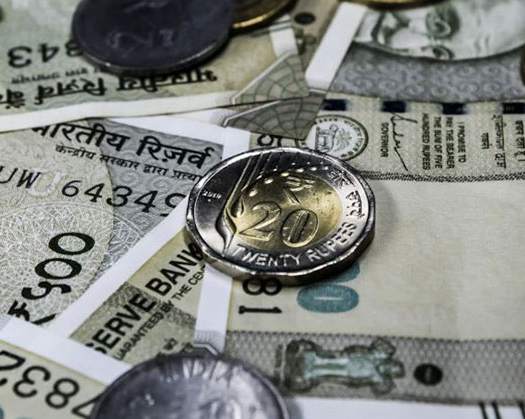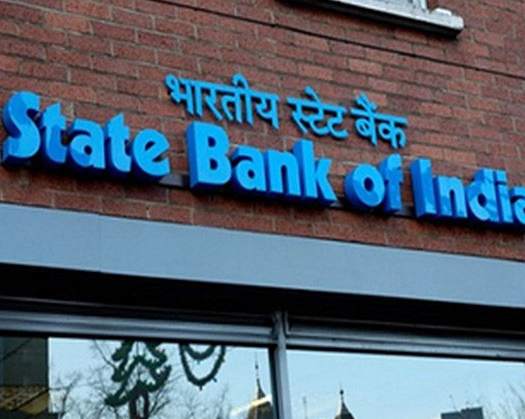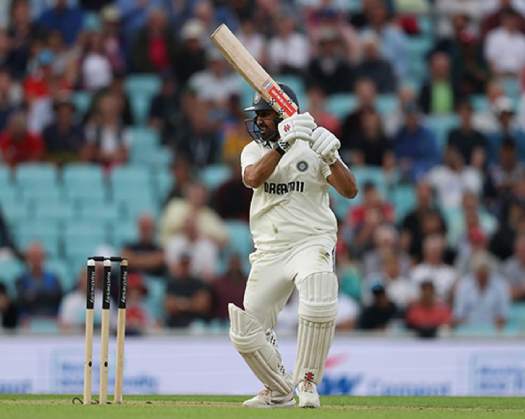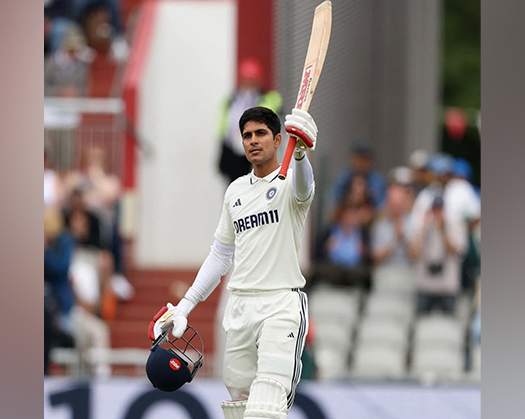Tokyo: Foreign Secretary Vikram Misri presented the keynote speech at the second Raisina Tokyo Dialogue, emphasizing the diverse nature of the India-Japan relationship, which includes new greenfield areas for collaboration.
Speaking on India's economic environment at the event, Misri stated that the country remains a highly appealing destination for global investment, supported by robust foreign exchange reserves, falling inflation, and a huge, young, and dynamic workforce.
He observed that India's foreign exchange reserves have surpassed USD 690 billion, and retail inflation fell to 3. 16 percent in April 2025, the lowest level in nearly six years. With a population of 1. 4 billion and a median age of less than 29, India is one of the world's largest and most promising consumer marketplaces. India is well positioned to play a vital role in the technology-driven future due to its demographic power, a growing middle class, and an increasing workforce.
He underlined the strategic shift in India's economic policy, which now prioritizes manufacturing-led expansion. The Make in India program, which was started in 2014, has resulted in higher investment in a variety of sectors, including electronics, defence, medicines, and textiles. Misri emphasized the Production Linked Incentive Scheme, which is expected to generate USD 520 billion in investment and involves more than two dozen Japanese firms. India has also earmarked $10 billion to build a semiconductor environment, and collaboration with Japan in this area is expected to boost expertise and creativity on both sides. We are also developing semiconductor-ready personnel, which will augment Japan's current initiatives to regain its classic expertise in this sector, according to him.
India's electric car industry is likewise transforming, aided by measures such as FAMEII and fresh incentives for battery production. India, the world's fourth-largest automobile maker, wants to recreate MarutiSuzuki's India-Japan success in the era of electric mobility.
India has implemented considerable changes to create a transparent and efficient commercial climate, including as liberalizing foreign direct investment (FDI) prohibitions in defense, insurance, and space technology, as well as simplifying company compliance and tax systems. The country's placement in the World Bank's Ease of Doing Business index increased from 142nd in 2014 to 63rd in 2020. Legal reforms have cut over 39,000 company compliance requirements and decriminalized hundreds of minor offenses, simplifying commercial operations.
The government has emphasized openness and digital administration, with tools such as the National Single Window System offering access to over 150 permissions and clearances. Initiatives like as MCA21 and GSTN have simplified filing and compliance for firms. According to Misri, the simplification of India's complicated labour laws into four uniform labour codes has lowered the compliance load while striking a balance between employees' rights and industry flexibility. He emphasized that the Goods and Services Tax has established a unified national market, while the Insolvency and Bankruptcy Code has revolutionized corporate insolvency resolution by providing time-bound procedures and increasing creditor confidence.
Infrastructure development has been a major priority, with the PM Gati Shakti National Master Plan coordinating investments in transportation and logistics. The Bharatmala project intends to upgrade and build 65,000 kilometers of highways, while the Sagarmala program will improve port infrastructure. The upgrading of Indian Railways, total electrification, smart stations, and dedicated freight lanes have all helped to lower transportation expenses and boost competitiveness. Japan has been our favored collaborator in urban mobility, with metro rail emerging as the new goal of even second tier Indian cities, he stated, citing the MumbaiAhmedabad High-Speed Rail line as a flagship project in bilateral collaboration.
India's aviation sector is rapidly developing through the UDAN program, which promotes regional connectivity and aims to operate over 200 airports by 2040. Integrated logistics parks are helping to improve freight transit. India is now the world's third-largest renewable energy producer, with a goal of 500 GW of nonfossil fuel capacity by 2030, and green hydrogen has been identified as a key area for future India-Japan cooperation.
The Digital India objective has transformed public service delivery by promoting egovernance, internet education, and telemedicine. Misri emphasized that India's national AI strategy and 5G rollout have democratized digital possibilities, facilitating the expansion of the startup ecosystem in sectors like fintech, agritech, clean energy, and health technology. India's space program, which includes missions such as Chandrayaan and Gaganyaan, is now accessible to private participation and has grown into a significant source of innovation, with Japanese money and knowledge viewed as possible future partners.
India and Japan are working together on training and language programs that focus on education and skills, preparing Indian youngsters for the next industrial revolution. Misri underlined India's advantageous position for manufacturing, digital empowerment, and infrastructure development, claiming that the country is not just future-ready, but also defining that future.
He emphasized the significance of the unique strategic and global partnership between India and Japan, describing it as one of the most important relationships of the twenty-first century. According to him, the two-way collaboration includes Industrial Competitiveness, Clean Energy Partnership, Digital Partnership, Semiconductor Supply Chains, infrastructure development, energy, foodprocessing, science and technology, healthcare, and R&D cooperation. Trilateral programs, such as the India-Japan Cooperation Initiative for Sustainable Economic Development in Africa, demonstrate the expanding breadth of collaboration.
Japanese investment in India continues to increase, with Misri noting that the two countries set a target of 5 trillion yen in public and private investment and financing from Japan to India between 2022 and 2027, with 3. 7 trillion yen realized by August 2024. He encouraged Japanese firms to expand in India and capitalize on its enormous pool of skilled workers, stating, Businesses in Japan must also recognize the enormous pool of qualified workers available in India to meet Japan's evolving requirements.
He also encouraged Japanese companies to expand their engagement with India into fields such as digital services, renewable energy, vital minerals, and semiconductors. A wider commerce engagement across industries will not only open up new commercial prospects, but it will also boost economic stability, decrease reliance on restricted markets, assure supply chain resilience, and improve long-term economic security for both India and Japan.
Misri was convinced that the India-Japan alliance, founded on mutual trust and common ideals, would promote long-term growth, innovation, and prosperity for both countries.
The Foreign Secretary thanked Japan for its assistance following the terrorist attack in Pahalgam, Jammu and Kashmir on April 22. He appreciated Japan's and several colleagues' solidarity, demonstrating the depth of the India-Japan link during difficult times.
India appreciates Japan's assistance in dealing with the tragedy that occurred on April 22 in Pahalgam, Jammu and Kashmir, Misri stated.
He emphasized the importance of global clarity on the subject of terrorism, cautioning against confusing victims with perpetrators. As we cope with the menace of terrorism, which makes no distinction and affects everyone in the world at times, it is critical that we do not confuse the victim and perpetrator of these atrocities, he stated.

